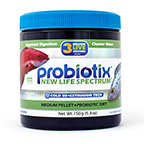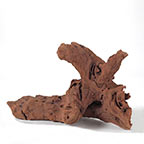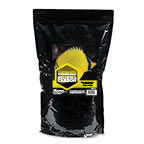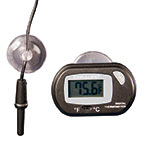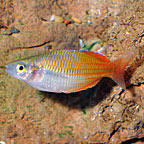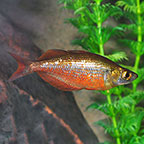Turquoise Rainbow Group
(Melanotaenia lacustris)
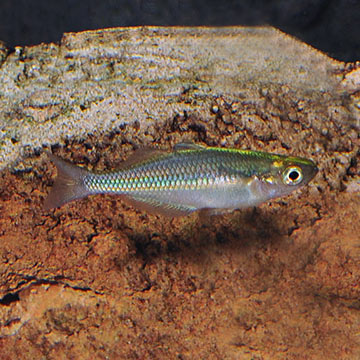
Please Note: Due to variations within species, your item may not look identical to the image provided. Approximate size range may also vary between individual specimen.
Please Note: Due to variations within species, your item may not look identical to the image provided. Approximate size range may also vary between individual specimen.
Quick Stats
Care Level
Easy
Temperament
Peaceful
Color Form
Blue
Diet
Omnivore
Water Conditions
70-77° F, KH 10-12, pH 7.0-7.5
Max. Size
4"
Family
Melanotaeniidae
Minimum Tank Size
50 gallons
Compatibility
View Chart
What do these Quick Stats mean? Click here for more information
Care Level
Easy
Temperament
Peaceful
Color Form
Blue
Diet
Omnivore
Water Conditions
70-77° F, KH 10-12, pH 7.0-7.5
Max. Size
4"
Family
Melanotaeniidae
Minimum Tank Size
50 gallons
Compatibility
View Chart
What do these Quick Stats mean? Click here for more information
Overview
Turquoise or Lake Kutubu Rainbowfish have striking colors, with males having an intense blue color, that make for a great centerpiece in the aquarium. Rainbowfish are known for the characteristic large eyes, black or silver band that runs through the middle scale rows, deeply forked mouth, and two dorsal fins.
This peaceful fish is a schooling fish that should be housed in a planted aquarium with plenty of swimming room. A gravel substrate will add to a good environment and, if dark enough, may intensify the colors of the fish.
An egg layer, Melanotaenia lacustris spawns over moss in early morning or just after dawn in low to moderate lighting. The fry hatch after roughly eight days and should be fed small live foods such as brine shrimp.
Although Turquoise Rainbows have large mouths, their throats tend to be narrow. Foods fed should be small in size. Their omnivorous diet should include prepared flake, frozen, and live foods.
Approximate Purchase Size: 3/4" to 2"
Supplies You May Be Interested In
Customer Testimonials
Randy W
Mandan , ND
The Turquoise Rainbow is a very hardy fish. It is able to tolerate extremes in water temperature, ph, and water hardness. I would highly recommend this Rainbow to all who enjoy gorgeous fish!
Judy D
Lima , OH
These rainbows are real beauties! Even the females show good color. Once they settle in, the fins and tail are a deep turquoise closer to the body and blend outward to a deep blue. Their bodies show greens to teal/turquoise and deep blue. You will want at least three of these (I have three in my 75 gallon and 2 youngsters in a 20 gallon). Feed them a variety of foods - including spirulina and tasty frozen foods (they do love bloodworms) and they will reward you with a fine display of color. Mine are housed with an assortment of rainbows - including 2 Millennium males (deep red), four Boesemani males, 2 Emerald, 1 Australian male, 2 Kamaka males and 2 Goyder River (hopefully boys - these are new).... along with an assortment of other fish.
1-2 of 2 testimonials




